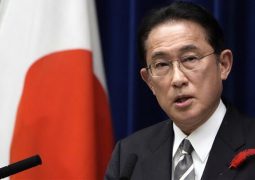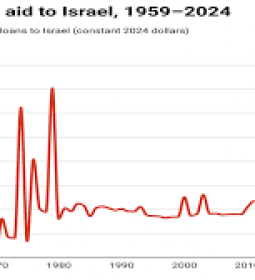Turkish Lira in Biggest Daily Drop Since Coup Attempt Investors’ concerns rise over Turkey’s economy and security

The Turkish lira fell as much as 3.5% against the U.S. dollar Wednesday on escalating concerns over Turkey’s economy and security.
The decline marked the biggest daily drop since a failed coup in July 2016, when factions of the Turkish military attempted to overthrow the government of President Recep Tayyip Erdogan.
Wednesday’s slide came as data showed Turkey’s current-account deficit widened in November. But investors’ concerns have been building in recent weeks over Turkey’s economy, Mr. Erdogan’s response to the failed coup and political uncertainty over a bill to overhaul the constitution that would concentrate executive powers in the president’s office.
The lira has fallen for five consecutive days, with investors ignoring an attempt by the Turkish central bank to shore up the currency on Tuesday. It fell 1.8% Wednesday to 3.8647 per dollar in late New York trading, leaving it down 8.8% against the greenback since the start of the year.
“Such price action implies that we are witnessing a full-scale crisis of confidence in the lira caused by rapidly escalating market concerns about domestic factors dominated by prevailing security issues, uncertainty in politics after the failed coup and the risk of a downgrade by rating agencies,” Piotr Matys, emerging-market currency strategist at Rabobank, wrote in a note.
The lira’s fall comes as many emerging-market currencies have declined against the dollar amid expectations of higher U.S. interest rates.
But among emerging markets, some analysts believe Turkey is the most vulnerable to the stronger dollar and recent rises in global bond yields because of its heavy reliance on short-term dollar funding. Turkey’s short-term external debt amounted to 74% of its total foreign reserves in October. About half of that debt was denominated in dollars, according to Turkey’s central bank.
Some of the factors that had contained the lira’s downward move in 2016 are no longer in force, said Jonas David, an emerging-market analyst at UBS Wealth Management.
As bond yields have climbed from last year’s record lows, financing foreign debt has become more expensive. Turkish households had also been buying local assets such as stocks and bonds, which had supported the lira in mid-2016, Mr. David said. But they have been increasingly converting their deposits into dollars because of declining confidence in the economy and intensified geopolitical risks, he said.
Derivative contracts that allow investors to buy and sell the lira at a future date suggest that investors generally believe the currency will stay weak throughout the year. Futures contracts expiring in December were trading at 4.2617 to the dollar at Wednesday’s close, indicating a devaluation of 8.8% at the end of the year, according to CME Group.
Investors have also continued to sell Turkish bonds, adding to pressure on the lira.
Turkish government bonds had a negative 1% return in 2016, while global emerging-market sovereign debt returned 9.6%, according to Citigroup analysts.
“People were already quite underweight in December; they’re certainly more underweight now, both real money and hedge funds,” said Paul McNamara, a portfolio manager at GAM Holding AG. He expects the central bank to raise the benchmark interest rate from 8% to stem the currency’s weakness. “I don’t see what’s going to stop it falling otherwise, he said. Higher interest rates tend to boost a country’s currency.
On Tuesday, Turkey’s central bank loosened foreign-currency reserve requirements for banks by a half percentage point, a move that allows lenders to release more foreign currency into the market, which would tend to prop up the lira. Still, the lira fell 2.1% that day against the dollar.
The central bank promised further steps to curb inflation and maintain financial stability, without providing more details.
Turkish authorities have also attempted more unconventional measures to halt the selloff. In December, Mr. Erdogan called on the public to exchange their foreign-currency savings to support the currency.
—Riva Gold, Georgi Kantchev and Yeliz Candemir contributed to this article.
Write to Mike Bird at Mike.Bird@wsj.com and Carolyn Cui at carolyn.cui@wsj.com
- Previous China Sends Aircraft Carrier Through Taiwan Strait Maneuver occurs amid heightened tensions between Beijing and the self-ruled island
- Next Leni disinvited to vin d’honneur
















